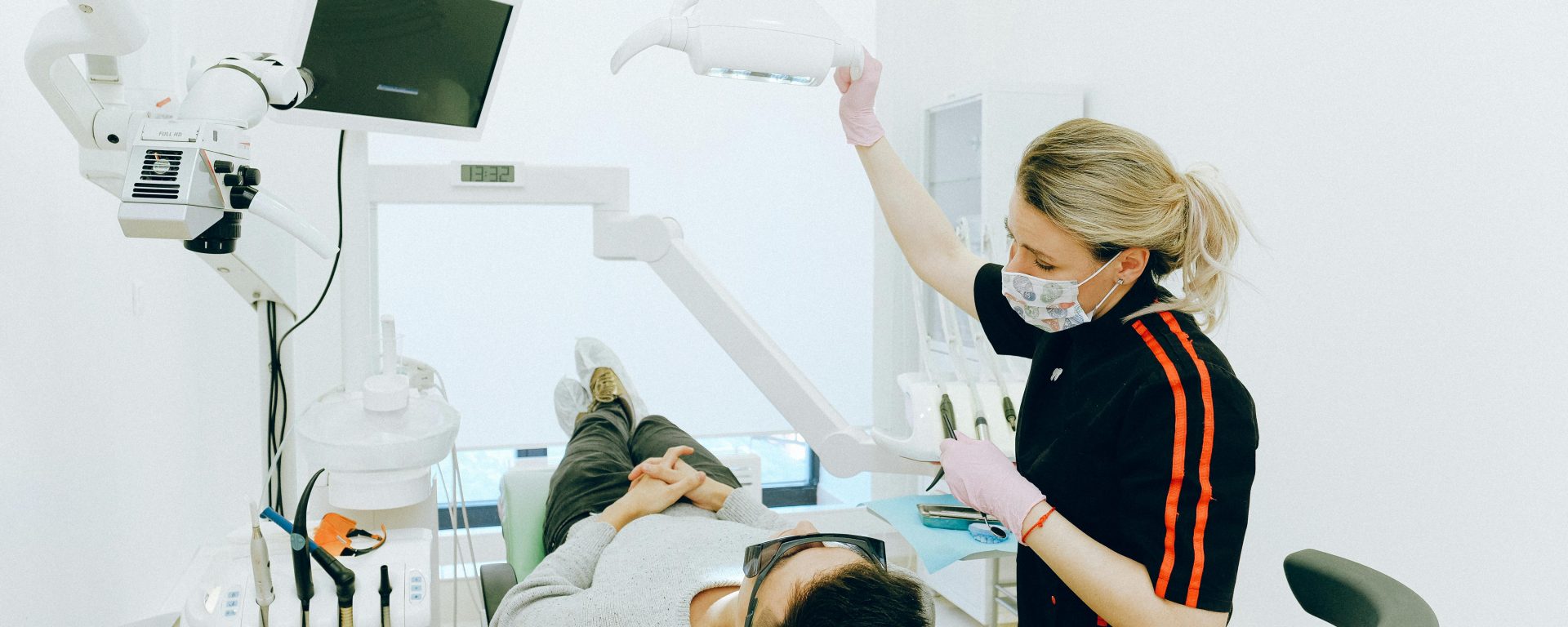A clinical trial suggests that patients who undergo aggressive rehabilitation immediately following Achilles tendon repair surgery may experience faster recovery and improved function without a higher risk of complications.
In 2016, the study led by Carlos De la Fuente and colleagues, examined the outcomes of 39 patients who had suffered Achilles tendon ruptures and were treated using the Dresden repair technique. The patients were randomly divided into two groups: one received an aggressive rehabilitation program starting the day after surgery, while the other followed a conventional approach, resting for 28 days before beginning rehab.
Achilles tendon injuries are common during the prime working years of life, and how patients are rehabilitated post-surgery plays a crucial role in their recovery. The study aimed to determine if aggressive rehabilitation could lead to better clinical outcomes in terms of Achilles tendon strength, function, and overall recovery, while also looking at the potential for increased complications such as re-ruptures.
At the 12-week mark, the results were clear: patients in the aggressive rehabilitation group outperformed those in the conventional group. The aggressive group reported higher Achilles tendon strength, improved function during one-leg heel rises, and faster return to work. Additionally, they had a lower pain score, used fewer pain medications, and experienced a more rapid recovery in general mobility, according to the study’s Achilles Tendon Rupture Score (ATRS).
Interestingly, the complication rates between the two groups were similar. The re-rupture rate was 5% in both groups, while the aggressive group had a slightly higher overall complication rate (15% versus 11% in the conventional group), but with fewer deficits in Achilles tendon strength (5% vs. 42%).
The findings challenge the traditional cautious approach of immobilization and delayed rehabilitation. According to De la Fuente and his colleagues, early movement and weight-bearing in the aggressive rehabilitation protocol seem to promote faster healing and better functional outcomes without posing additional risk.
This study offers hope for faster recovery for those undergoing Achilles tendon repair, suggesting that aggressive rehabilitation can significantly improve quality of life and functional capacity during the critical first three months after surgery.
Reference: De la Fuente, C., y Lillo, R. P., Carreño, G., & Marambio, H. (2016). Prospective randomized clinical trial of aggressive rehabilitation after acute Achilles tendon ruptures repaired with Dresden technique. The Foot, 26, 15-22.
